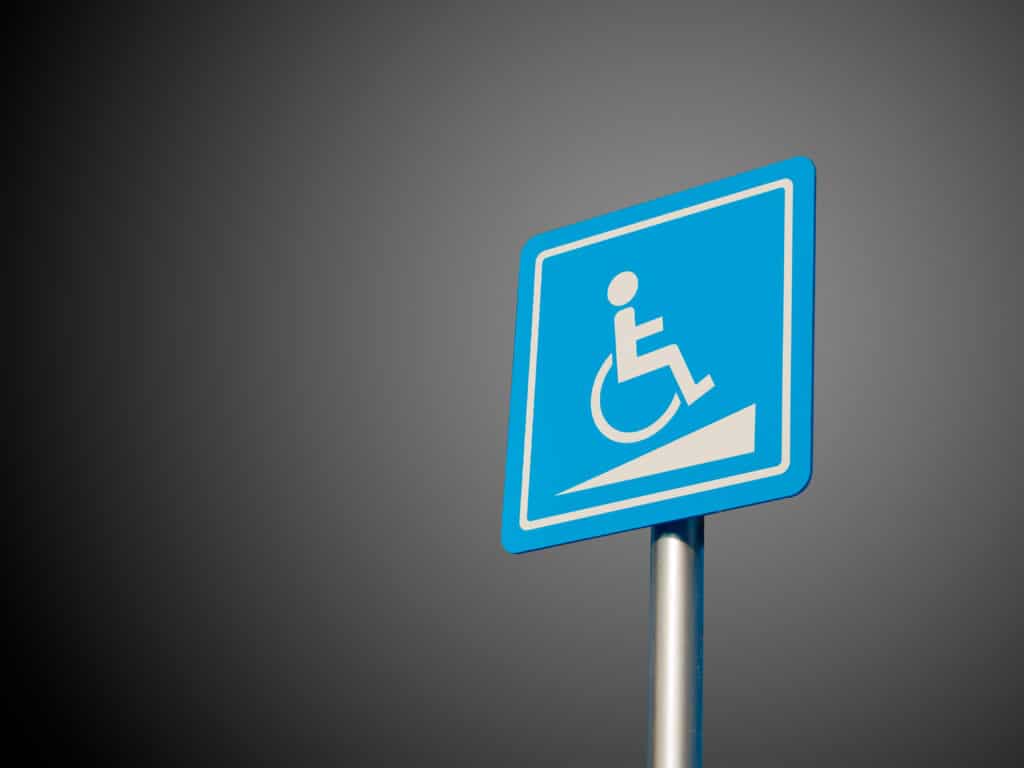Individuals with Disabilities Education Act
Overview
The Individual with Disabilities Education Act (IDEA) is the federal law that mandates schools meet the needs of children with disabilities and provides them a Free Appropriate Public Education (FAPE) in the least restrictive environment. IDEA was first passed in 1975 and was last updated in 2004.
IDEA has three main parts:
- IDEA Part B (ages 3-21) — This part provides legal requirements and funding to ensure that all students with disabilities, including those with learning disabilities, get the support they need in school
- IDEA Part C (ages 0-2) — This part provides services and funding for infants and toddlers with disabilities from birth to age 2
- IDEA Part D (National Activities) — Finally, Part D provides funding for competitive grants to support state personnel development, technical assistance, information dissemination, technology, and information and support services for parents

Why It Matters
Students with learning disabilities comprise approximately 2.45 million individuals receiving services under IDEA, accounting for about 34 percent of the total approximately 7.2 million students. Additionally, IDEA allocates federal funding to assist states in delivering Free Appropriate Public Education (FAPE).

Deeper Dive
Deeper Dive
The fine details of any law are often complicated and specific. For more in-depth information on IDEA, see our Learn the Law breakdown. This PDF document takes a much deeper dive into the Individuals with Disabilities Education Act.
